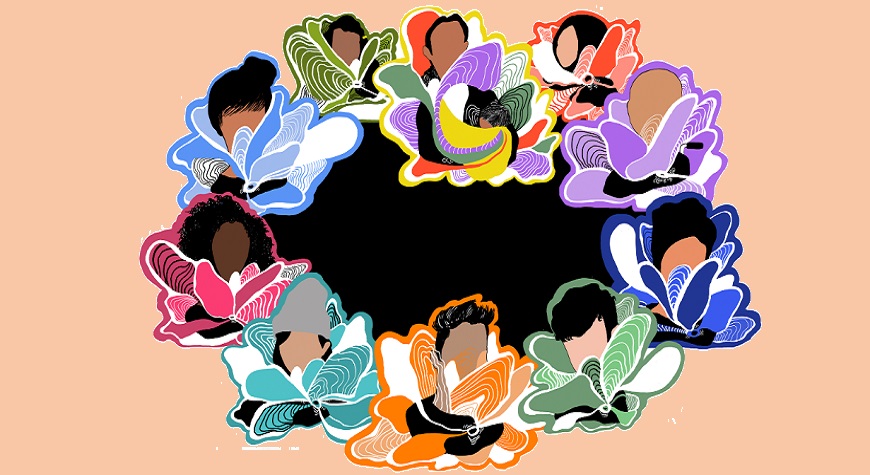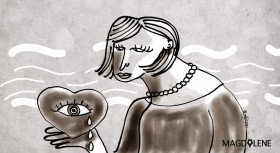Women have been using online platforms whether to express aspirations, engage in debates, as well as mobilize mass movements. Unfortunately, involvement in online discussion and advocacy often leads to women getting bullied, harassed, and even doxed.
XYZ, a website project created by Berlin-based non-profit organization working on the intersection of human rights and technology Tactical Technology Collective, provides information and toolkits on how women can safely navigate their digital security while doing online activism. More specifically, the site features e-books, research papers, and women activism project reviews from across the globe, so that women activists can obtain wide-ranging information on how to manage online campaigns while at the same time managing to stay safe.
For instance, XYZ features an e-manual on how to start an online campaign by providing information on the most effective strategy for each social media platform, as well as the do’s and don’ts of creating online campaign materials. One of the tips is the use of hashtags on social media platforms. To illustrate, the manual explains how different platforms should employ different strategy of content promotion. For one, when it comes to hashtags, Twitter, Instagram and Facebook differ in terms of effectiveness. Twitter, for instance, will be on its top performance when maximum two hashtags are being used in a post and not more. Meanwhile, Instagram post requires up to 11 hashtags in order to perform well. On the other hand, Facebook post tends to perform poorly if it uses any hashtags, hence it’s better to keep it plain for Facebook.
Another information getting featured at XYZ is a research paper about women activists who face threats and attacks because they strive for safe abortion rights in Latin America and Caribbean. The paper provides knowledge on how they struggle to navigate and maintain their online and offline security.
More thorough information regarding women’s safety on the Net is also highlighted at XYZ in a comprehensive report about online violence against women and girls in Europe. One of the findings is the fact that women and girls are “27 times more likely to be harassed online” than men and boys, and are the main target of non-consensual pornography.
The website provides some recommendations on how to prevent violence against women on online platforms, including formulating policies to ensure that all forms of online violence will be criminalized, and enforce platform owners to make sure that users are well-protected from any kinds of abuse.
Check out XYZ for more information on women activism online!
Read up here about artworks on the LGBT people of Arabia.









Comments